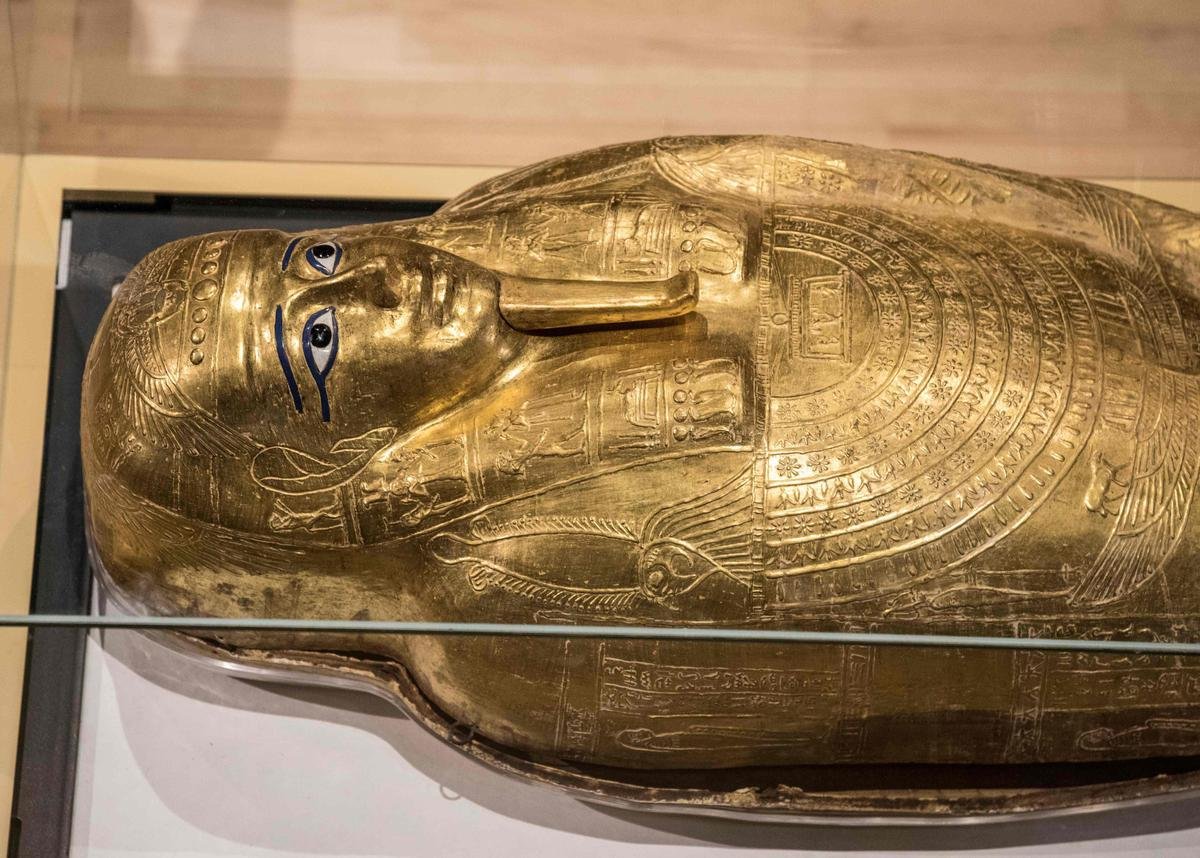Serop Simonian, born on January 1, 1942 in Cairo (Egypt) and from a family of antiquities dealers in Hamburg (Germany), had been targeted since August 20, 2020, due to a European arrest warrant issued by one of the investigating judges in charge of the investigations. This is smuggling.
Simonian, handed over by Germany, was charged on September 15 with crime or complicity, as well as fraud and organized gang money laundering, the details of the prosecution show. He was detained before the hearing. His lawyer Me Christophe Ingrain did not want to react. At least eight more people are charged in this criminal investigation, which opened in 2020 after a two-year preliminary investigation.
Objects resulting from looting
Among them are several Parisian gallery owners, Christophe Kunicki and Richard Semper. Jean-Luc Martinez, former president and director of the Louvre and Jean-François Charnier, a former director of the Agence France Muséums.
Simonian, along with Kunicki and another German gallery owner Roben Dib, among others, is suspected of selling the Egyptian sarcophagus of the priest Nedjemankh to New York’s Metropolitan Museum of Art for 3.5 million euros in 2017, according to document analysis. The artifact, which was looted during the 2011 revolution and accompanied by a fake export permit dated 1971, was returned to Egypt.
Simonian is also accused of selling “at least two archaeological objects worth six million euros” to the Louvre Abu Dhabi in 2014 and 2015, with the complicity of Kunicki and Dib. These two objects, a portrait of a man and the sarcophagus of Princess Henouttaouy, dated between 225 and 250 BC, were “probably from the looting of an archaeological site in Egypt” and were “most likely obtained illegally.” According to Le Monde, the Simonian family sold “seven pieces of problematic origin for 50 million euros” to the Louvre Abu Dhabi between 2014 and 2018.
In this case, the National Jurisdiction for Combating Organized Crime (Junalco) and the Central Office for Combating Trafficking in Cultural Property (OCBC) are trying to determine responsibilities for the sale of hundreds of antique artifacts resulting from looting in the Nearby Region countries. and the Middle East became unstable due to the Arab Spring.


